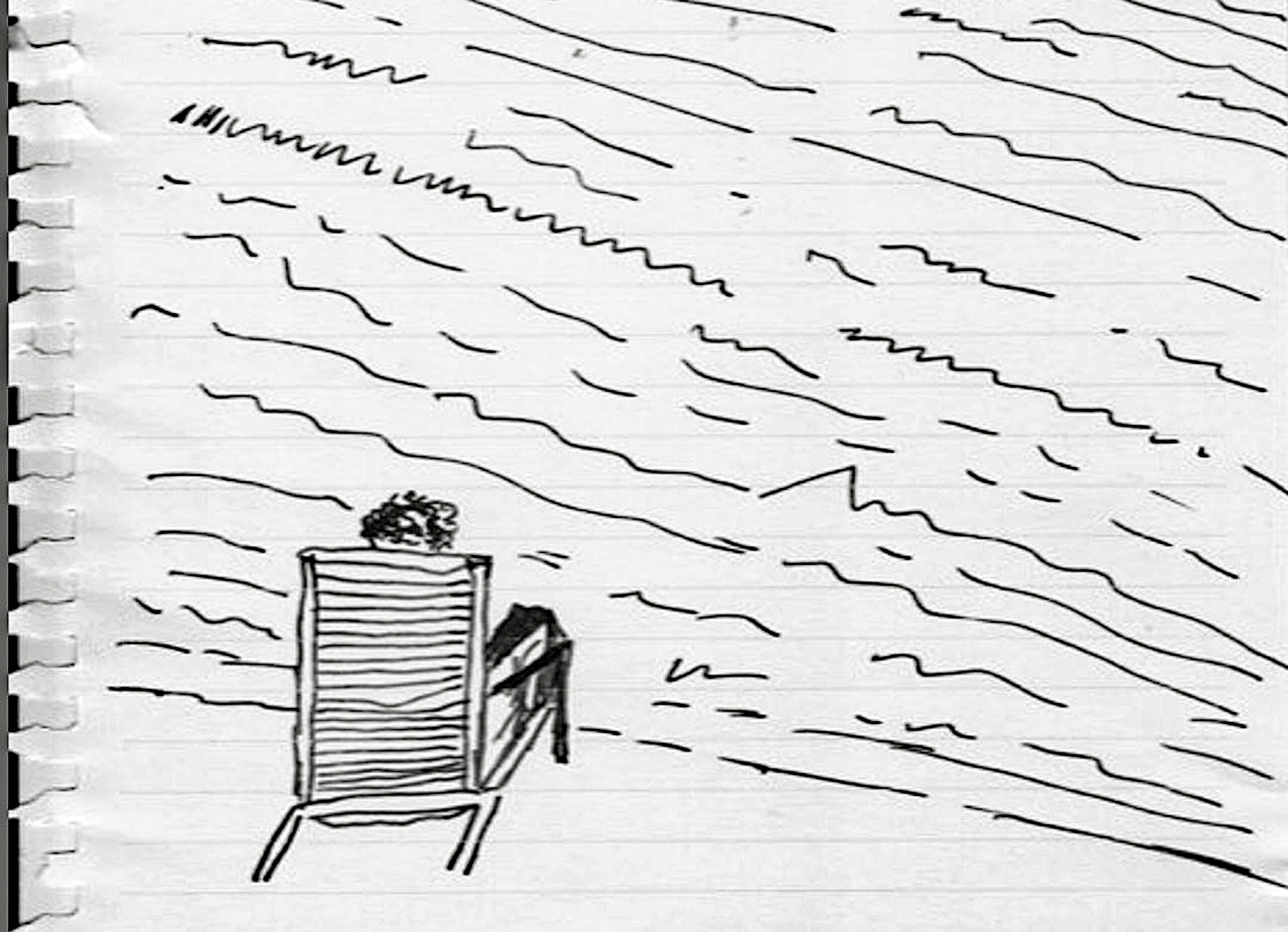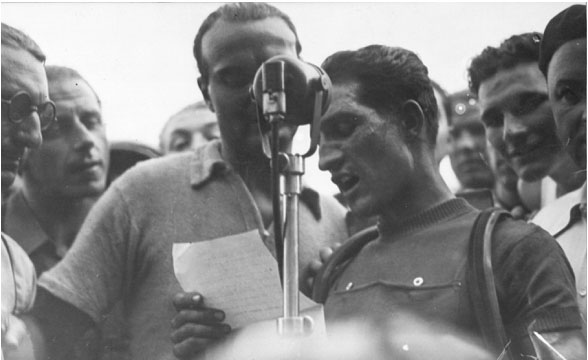Lucy Scholes, The Paris Review, 2020. In 1956, in a central London café, Lindsay Anderson, Karel Reisz, Tony Richardson, and Lorenza Mazzetti wrote a manifesto for what they termed the “Free Cinema” movement. Among the aims of these four young, avant-garde filmmakers was a belief in “the importance of people and the significance of the everyday.” They eschewed traditional box office appeal in favor of authentic depictions of the quotidian, particularly that of the ordinary working man and woman.
Related Projects
Haggadot at Bookhouse
This Holiday season at Bookhouse, we are delighted to feature a rich selection of haggadot from different times and geographical…
Sarai e Hagar
Genesis 16 Sarai, Abram’s wife, had borne him no children. She had an Egyptian maidservant whose name was Hagar. And…
From the Altar to the Dust: Giuliano Gerbi and the Voice of Italian Sport
The beloved sports correspondent, after having chronicled the Tour de France and Bartali’s victory, is “expelled” in accordance with racial…
Bookhouse Musings: Making Books
In various ways, Bookhouse visitors have expressed curiosity about the technical and artisanal aspects of typography and book production. Alessandro…



